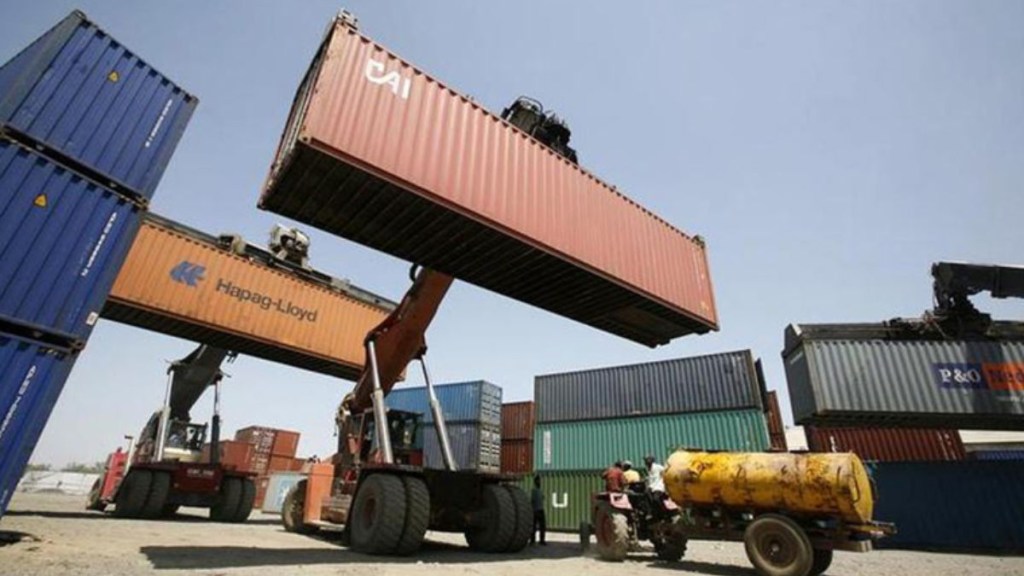India is seeking a review of certain provisions of the Comprehensive Economic Partnership Agreement (CEPA) with the United Arab Emirates (UAE) to address the issues that have cropped up following a surge in imports of precious metals from the West Asian nation.
“As regards CEPA, there are two things — one is the value addition norms and second is reduction (of customs duties). So we are in discussion with them and there are various issues which are discussed under the review,” commerce secretary Sunil Barthwal told reporters. “Once we get it (the review), then we will look at all the issues holistically.”
Under the India-UAE CEPA, operationalised in 2022, gold and silver shipments from the UAE enjoy duty concession of 1% and 7%, respectively. However, 3% local value addition is a must for availing this concession. Before the Budget for FY25, presented last month, 15% duties on these products made imports from other countries less lucrative, shifting a large part of the trade to the UAE. The Budget reduced the duties on gold and silver to 6%, thereby levelling the field for other exporters. However, as per the CEPA, the preferential duties will come down further in the coming years and then settle at zero so the review becomes necessary.
Currently, gold can be imported from Dubai at 5% duty, but this will drop to zero in three years if the alloy contains 2% platinum.
This will lead to significant annual revenue losses, move import business from banks to a few private traders, and replace top suppliers with Dubai-based firms, a Global Trade Research Initiative (GTRI) report said.
The report had also noted that many imports do not meet rules of origin conditions, hence do not qualify for concessions.
The UAE is the third largest trading partner of India with $83.65 billion bilateral trade in 2023-24.
On whether the government is looking at reviewing the new authorisation regime for monitoring imports of certain IT hardware products, Barthwal said, “When the appropriate time will come, we will take the call.”
On October 19 last year, the government put curbs on imports of laptops and computers. It allowed imports of the IT hardware products on a mere ‘authorisation’ upon detailing quantity and value.
The import authorisation is valid till September.
On India-Australia CECA (comprehensive economic cooperation agreement) negotiations, the commerce ministry informed that the 10th round of talks are expected to start from August 19-22 in Sydney.
The two countries have already implemented an interim pact and are in discussions to expand its scope.
On the India-UK trade pact, it said that a virtual meeting between commerce and industry minister Piyush Goyal and UK secretary of state for business and trade Jonathan Reynolds was held in July to discuss the next steps on the pact.
The India-UK talks for the proposed free trade agreement (FTA) began in January 2022. The 14th round of talks stalled as the two nations stepped into their general election cycles.
Informing about the free trade agreement between India and the European Union (EU), the ministry said that the ninth round of talks is planned from September 23-27 in New Delhi.
Negotiations on two chapters — sustainable food systems and small and medium enterprises — have been concluded.
“During this (9th) round, both sides will discuss core tarde issues covering goods, services, investments and government procurement along with necessary rules such as rules of origin, sanitary and phyto-sanitary measures, technical barriers to trade,” it added.
The concerns of Indian stakeholders with regard to the EU’s measures such as CBAM (carbon border adjustment mechanism) will also be discussed.
